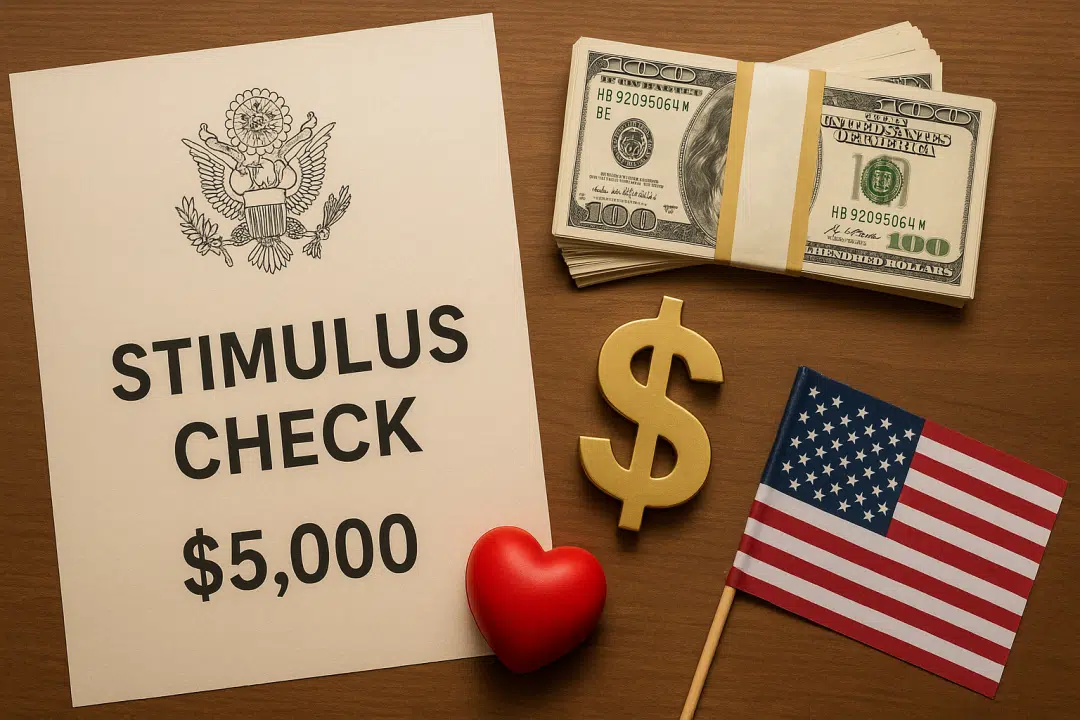
Americans hoping for a “Doge dividend” check in 2025 won’t be getting one. Despite early hype from the Trump administration and tech entrepreneur Elon Musk, the Department of Government Efficiency (DOGE) has failed to deliver on its core promises—and the House DOGE Caucus has officially collapsed.
What happened to the DOGE dividend?
The idea of a DOGE dividend gained traction online in February after Azoria CEO James Fishback suggested sending each taxpaying household a check for 20% of the savings generated by federal budget cuts. He estimated the payout would reach $5,000 per household.
Trump praised the idea as “great” and “a dividend for the American people.” Musk, who was tapped to lead the DOGE initiative, responded on social media that he would “check with the president.”
However, the math quickly fell apart. DOGE now claims to have saved $170 billion—far below its $2 trillion target. Even using generous estimates, that would equal roughly $430 per household, not $5,000. If you subtract the $135 billion in estimated losses from lawsuits, workforce disruptions, and reduced services, the net savings fall closer to $35 billion, or just $89 per household.
No formal legislation exists to distribute DOGE savings as dividends, and no members of Congress have mentioned “DOGE checks” in official communications to constituents this year.
The DOGE Caucus collapses in Congress
Rep. Jared Moskowitz (D-Fla.), the first Democrat to join the House DOGE Caucus, now calls the group “a complete failure.”
In a new interview with Politico, Moskowitz said the caucus held only two meetings in five months and had no communication with Musk or DOGE staff. “We weren’t involved at all,” he said. “Zero. Zilch. Nada.”
Even some Republican members have gone silent. Although Rep. Aaron Bean (R-Fla.) insists the effort is just getting started, momentum on Capitol Hill has stalled, and no major DOGE-related reform bills have been introduced.
Public fallout and false expectations
DOGE was created to root out government waste, but critics say its cost-cutting measures caused more harm than good. The Partnership for Public Service estimates that disruptions from DOGE activities cost taxpayers $135 billion—nearly canceling out the program’s claimed savings.
Services impacted include:
- Veterans health care
- Cancer and Alzheimer’s research
- Disaster response and weather forecasting
- Foreign aid for HIV prevention and child health
- Local libraries and park maintenance
Despite this, online interest in DOGE checks surged. For weeks, searches for “Doge dividend” and “Doge stimulus check” outpaced even “tax refund.” That spike drove speculation, clickbait, and phishing scams—but no policy action.
What’s next?
Barring a sudden reversal in Congress, DOGE checks are not coming. Trump’s administration has shifted its messaging, and Musk has been silent on the issue for months.
Meanwhile, watchdog groups warn that the real legacy of DOGE may be a less effective federal workforce and reduced public trust.
For those still hoping, one thing is clear: The “Doge dividend” was always more internet fantasy than fiscal reality.

